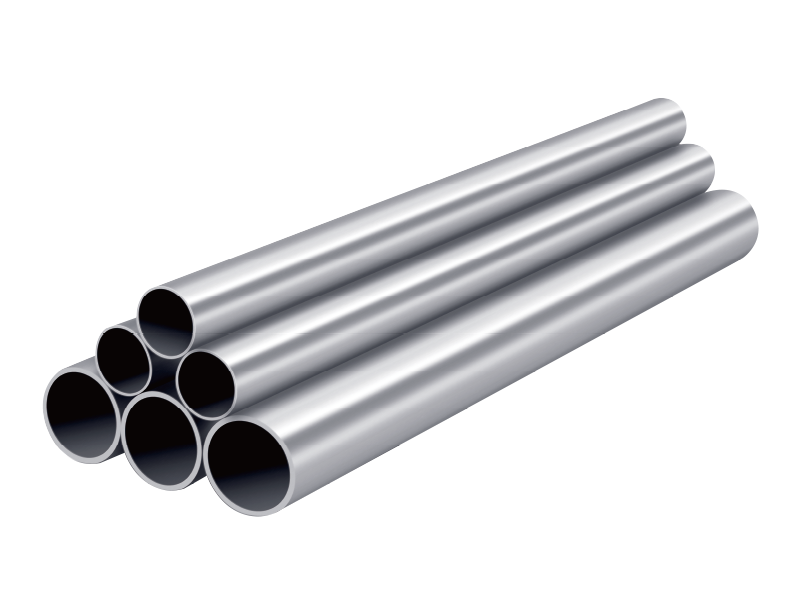

The Importance of Precision Mechanical Parts in Modern Engineering
In the modern engineering landscape, the importance of precision mechanical parts cannot be overstated. These components are integral to the functionality and efficiency of various machines and systems used across multiple industries, from aerospace to automotive, medical devices to robotics. Precision mechanical parts are characterized by their exact tolerances and dimensions, which are crucial for ensuring optimal performance and longevity.
Definition and Characteristics
Precision mechanical parts are manufactured with a high degree of accuracy and exactness. They represent the culmination of advanced technologies such as Computer Numerical Control (CNC) machining, additive manufacturing, and precision casting. These processes ensure that parts can be produced to exact specifications, often within tolerances of just a few micrometers. The characteristics that define precision mechanical parts include tight tolerances, excellent surface finishes, and the ability to withstand significant stress and wear.
Applications
The applications of precision mechanical parts are vast and varied. In the aerospace industry, for instance, components such as turbine blades, landing gear, and control surfaces must be manufactured with the utmost accuracy. Any deviation in size or shape can lead to catastrophic failures, making precision absolutely critical. Similarly, in the automotive industry, precision parts are essential for engine components, transmission systems, and safety features like brakes and airbags.
In the medical field, precision is a matter of life and death
. Surgical instruments and implants must be flawlessly manufactured to ensure compatibility with human anatomy and to minimize the risk of complications. Robotics also relies heavily on precision mechanical parts, including gears and motors, which must function seamlessly together to achieve desired movements and tasks.
The Role of Technology
Advancements in technology have greatly enhanced the manufacturing of precision mechanical parts. CNC machining allows for the mass production of parts with unmatched precision, enabling manufacturers to meet the high demands of the market. Additionally, the rise of 3D printing technology has opened new avenues for creating complex geometries that would be challenging to achieve with traditional methods. This technology allows for rapid prototyping and the production of bespoke components tailored to specific applications, thus expanding the horizons of design and functionality.
Quality Control Measures
To ensure that precision mechanical parts meet the necessary specifications, rigorous quality control measures are employed throughout the manufacturing process. Techniques such as coordinate measuring machines (CMM), non-destructive testing (NDT), and laser scanning are commonly used to verify dimensions and detect any discrepancies. With these measures, manufacturers can assure their clients of the reliability and durability of the components, which is particularly essential in industries where safety is paramount.
Conclusion
In conclusion, precision mechanical parts are the backbone of modern engineering, enabling innovations and enhancing performance across various sectors. As technology continues to evolve, the methods of producing these critical components will only improve, fostering even greater advancements in efficiency and reliability. The pursuit of precision will remain a paramount principle for engineers and manufacturers alike, ensuring that the machines and systems of today and tomorrow operate at their best. Understanding the importance and complexities of precision mechanical parts not only highlights their current role but also paves the way for future innovations that promise to shape the industrial landscape for years to come.